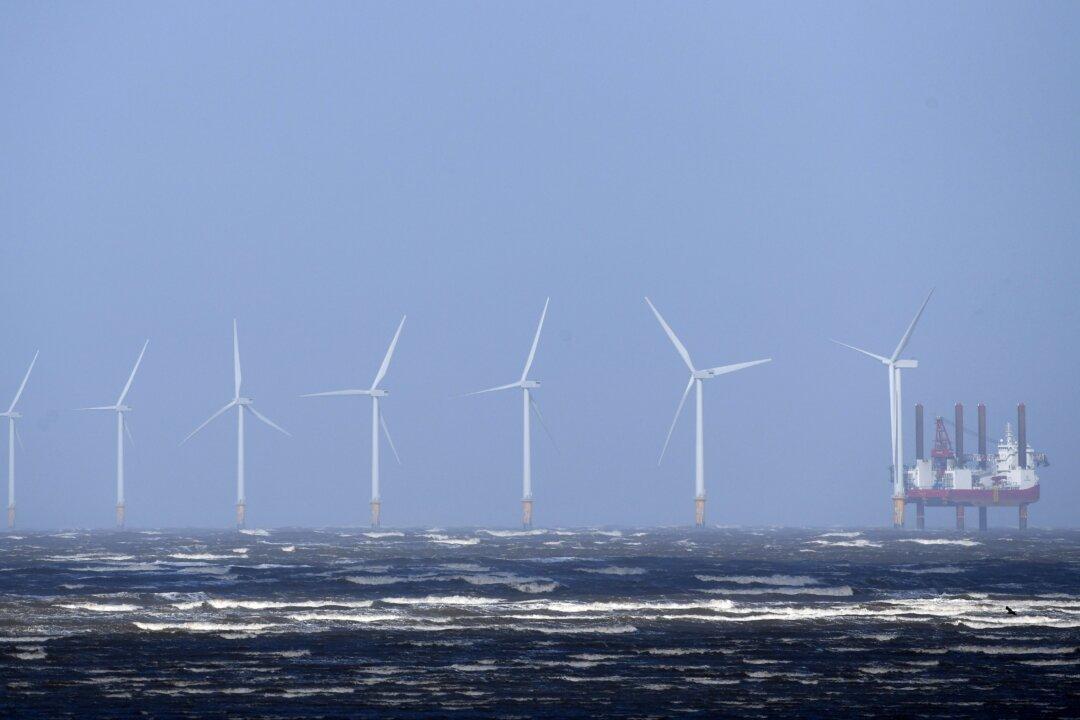It’s for the world to double down on efforts to reach net zero, according to a report released last week by the United Nation’s “High-level Expert Group on the Net Zero Emissions Commitments of Non-State Entities,” a group of international environmentalists the institution formed in March.
The group was tasked with investigating how to develop stronger standards for companies that make net-zero emission pledges and speed up their implementation.





